Targeted therapy is an effective treatment for patients with advanced-stage cancer. This therapy targets cancer cells to destroy and prevent their growth. Read on to learn more about this innovative treatment!
1 What is Targeted Therapy?
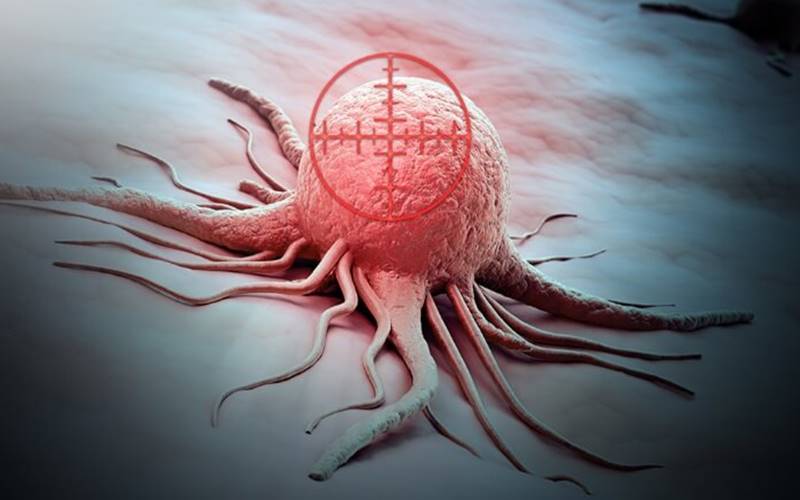 What is Targeted Therapy?
What is Targeted Therapy?
Targeted therapy, also known as targeted treatment, is a method that utilizes specifically designed drugs to target and attack cancer cells without harming healthy cells in the body.
It is often used for patients with advanced-stage cancer or in combination with other treatment methods to improve the effectiveness of cancer treatment.
2 How Does Targeted Therapy Work?
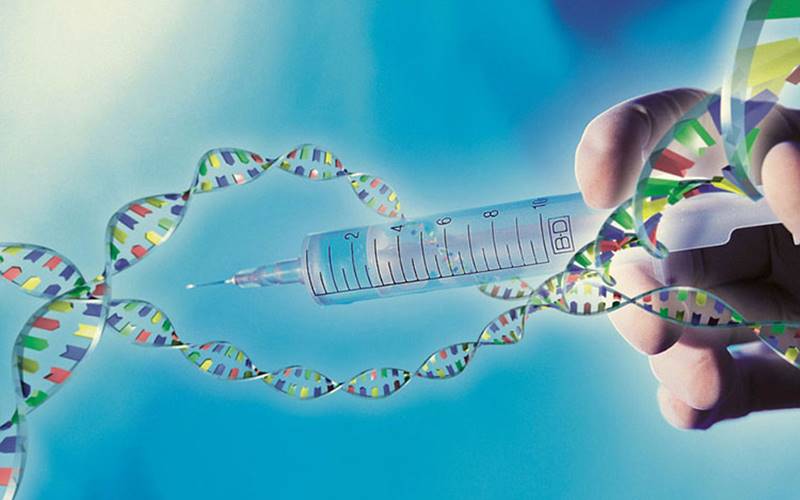 How Does Targeted Therapy Work?
How Does Targeted Therapy Work?
Targeted therapy works by interfering with specific proteins that aid cancer growth. Unlike chemotherapy, it does not affect healthy cells in the body. The mechanism of targeted therapy in cancer treatment includes:
- Boosting the immune system to destroy cancer cells
- Stopping cancer cells from growing
- Blocking blood vessel formation in tumors to control their size
- Delivering substances to kill cancer cells
- Inducing cell death in cancer cells
- Inhibiting the production of substances that feed cancer cells
3 Two Popular Types of Targeted Therapy
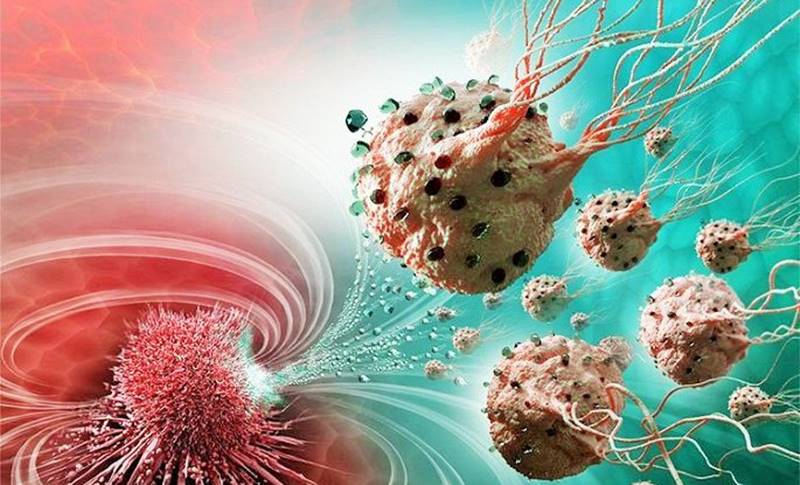 Two Popular Types of Targeted Therapy
Two Popular Types of Targeted Therapy
The two widely used types of targeted therapy and their mechanisms for destroying cancer cells include:
Small Molecule Drugs
Small molecule drugs directly target specific molecules in cancer cells, inhibiting their growth and destroying them.
Monoclonal Antibodies
Monoclonal antibodies are laboratory-created proteins that mimic the body’s immune system. These antibodies detect foreign cells in the body and deliver drug-containing molecules into them to destroy them.
4 Who is a Good Candidate for Targeted Therapy?
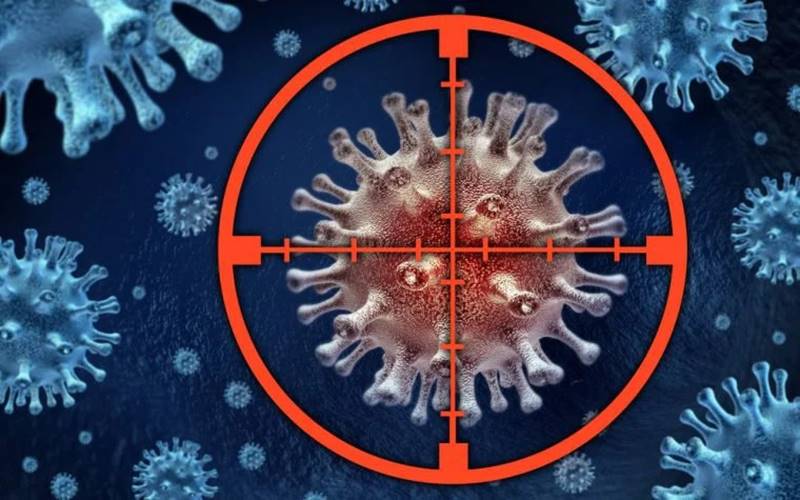 Who is a Good Candidate for Targeted Therapy?
Who is a Good Candidate for Targeted Therapy?
Although targeted therapy is safe and effective, not all cancers can be treated with this method. Some common types of cancer that can be treated with targeted therapy include:
- Leukemia (blood cancer)
- Brain cancer
- Breast cancer
- Bone and soft tissue cancer
- Gastrointestinal cancer
- Gynecologic cancer
- Lung cancer
- Head and neck cancer
- Thyroid cancer
- Genitourinary cancer
5 Limitations of Targeted Therapy
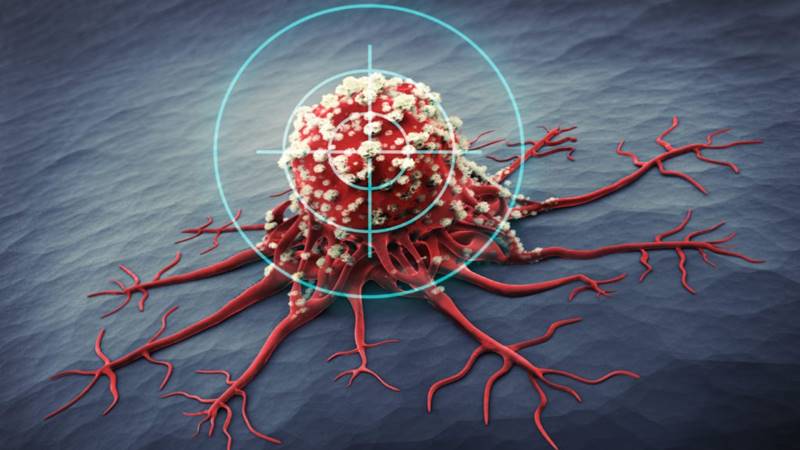 Limitations of Targeted Therapy
Limitations of Targeted Therapy
Despite its advantages, targeted therapy has some limitations, including:
- Ineffectiveness if the tumor does not have specific genetic changes or proteins that the drug targets.
- Cancer cells may develop resistance to the drugs over time.
- Not all cancer patients are suitable candidates for this treatment.
6 Side Effects of Targeted Therapy
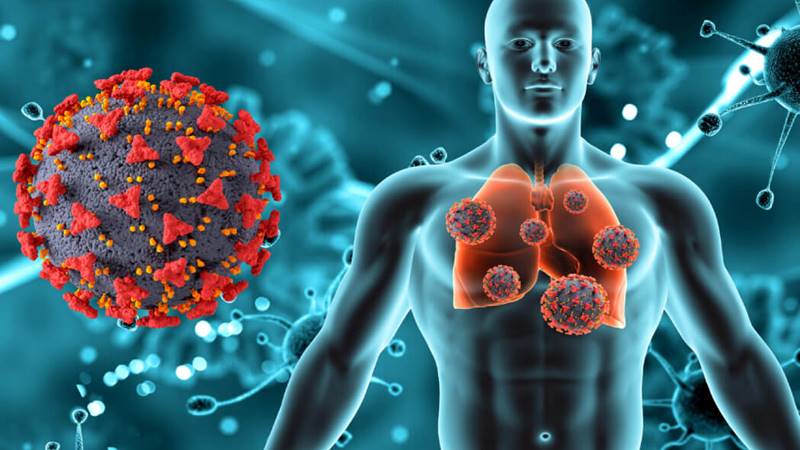 Side Effects of Targeted Therapy
Side Effects of Targeted Therapy
Some possible side effects of targeted therapy for cancer treatment include:
- Dry skin
- Diarrhea
- High blood pressure
- Sensitivity to UV rays
- Hair color changes
- Blood clotting disorders
- Rashes
- Nail changes
- Irregular heart rhythm
- Neurological issues
- Pneumonia
This article has provided an overview of targeted therapy for cancer treatment. We hope that you now have a better understanding of the various treatment methods available to protect your health!
Source: Tamanhhospital.vn





































